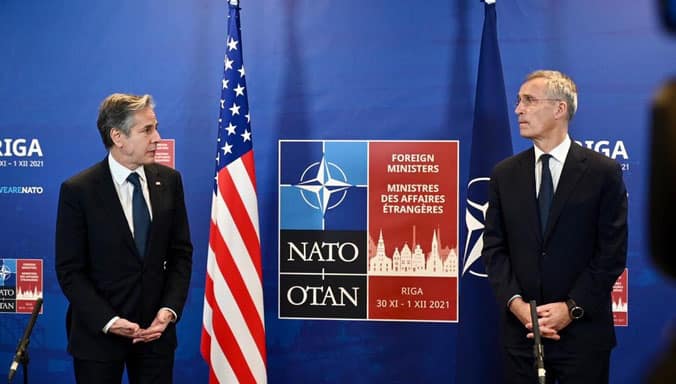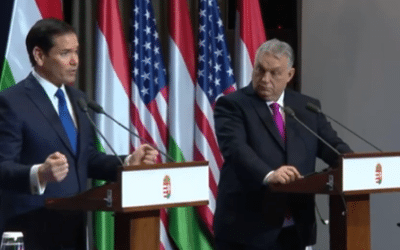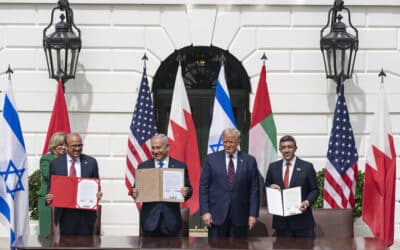NATO Secretary-General Jens Stoltenberg is in the US this week to push for Congress to pass a massive $61 billion aid package for Ukraine proposed by the White House. The supplemental defense spending bill has been stalled in Congress for several months. In an effort to appeal to Republicans, the civilian NATO head attempted to tie the war in Ukraine to Taiwan’s security.
During a press conference in the US with Secretary of State Antony Blinken on Monday, Stoltenberg said, “It will be a tragedy for Ukrainians if President Putin wins but it will also make the world more dangerous and all of us more insecure. It will embolden other authoritarian leaders – not only President Putin, but also North Korea, Iran and China to use force.” He added, “Today it’s Ukraine; tomorrow it could be Taiwan.”
On Tuesday, Stoltenberg will meet with Congressional leaders including House Speaker Mike Johnson, Minority Leader Hakeem Jeffries, and Senate Minority Leader Mitch McConnell. Politico reports that the NATO chief will visit the Heritage Foundation on Wednesday to pitch to Trump-tied Republicans on approving more Ukraine aid.
Republicans in Congress and the White House have been negotiating the $111 billion supplemental defense bill for several months. The Biden administration attempted to sway Republicans to pass aid for Ukraine by tying it to funding for military assistance to Israel and Taiwan, as well as securing the southern border.
The plan backfired as Republicans leveraged aid to Ukraine to get Biden to make concessions regarding immigration policy. A resolution appears unlikely in the near term as former President Donald Trump denounced the bipartisan proposal that emerged earlier this month.
The war is not going well for Ukraine. Russian forces are gaining territory. Ukraine is short on manpower and weapons. Even if Congress passes an additional round of military aid for Ukraine, Western stockpiles are largely depleted of air defense intercepts and artillery shells. Still, Ukrainian President Zelensky and his Western backers appear in no rush to try to negotiate a peace settlement with Moscow.

































